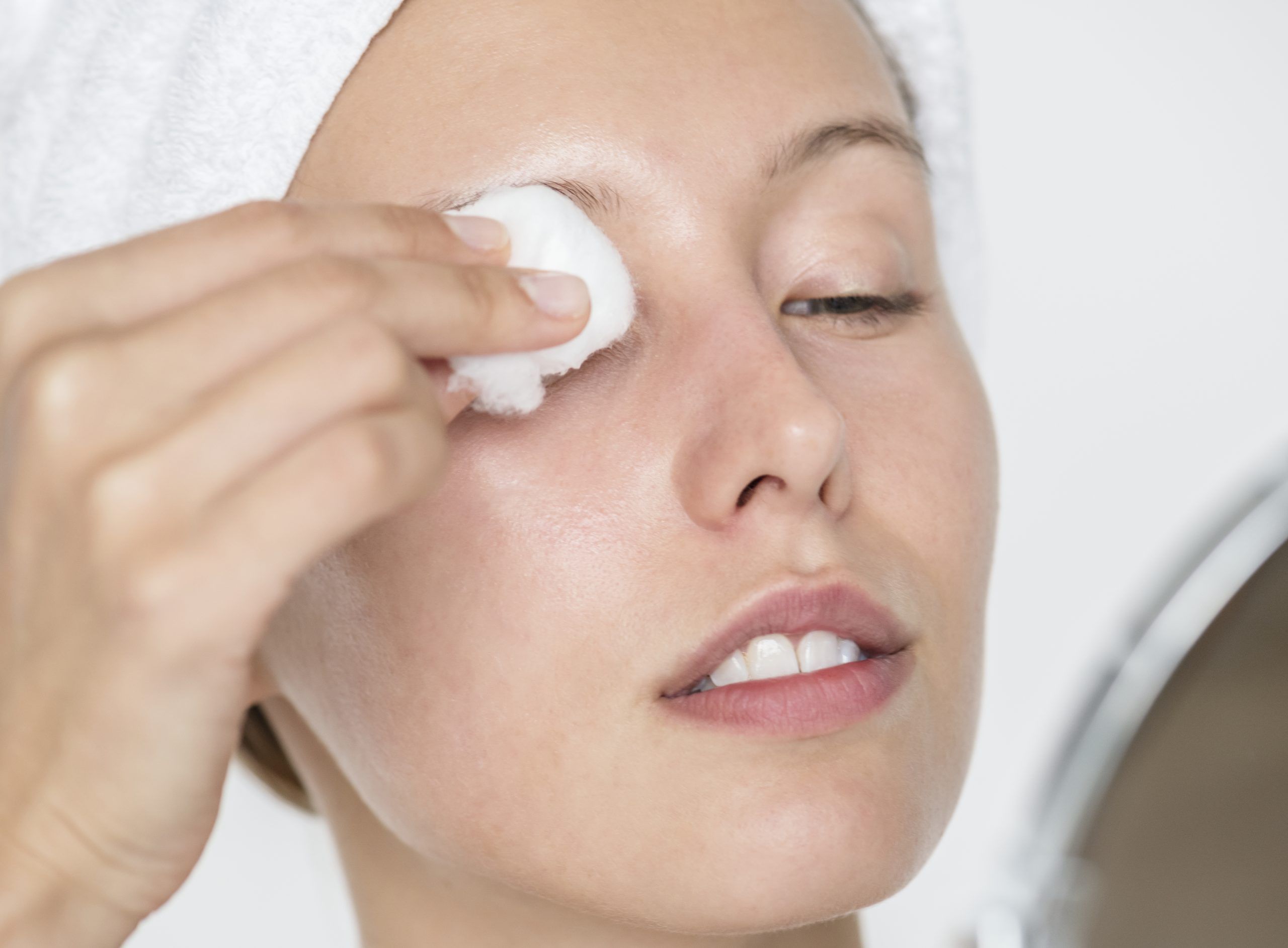A huge pimple on your nose or oily skin is not a life-threatening condition but may be irritating and dampen the mood. In such a case, new natural ways to fight skin disorders, including acne, are always welcome.
CBD, a plant-based compound, is slowly conquering the skincare world. There is scientific evidence CBD oil can be beneficial for acne and other skin conditions when applied topically.
Let’s see if CBD may cause beneficial effects for the skin.
What is CBD Oil?
CBD (cannabidiol) is the non-intoxicating cannabinoid of the Cannabis Sativa plant. The component is extracted and then mixed with a carrier oil, such as olive, hemp, jojoba or coconut oils to increase its application and effectiveness.
The mix carries the name of “CBD oil”. What makes it so popular is the CBD’s ability to stimulate the receptors of the endocannabinoid system (ECS). The endocannabinoid system helps to maintain homeostasis in the body, which influences many physiological processes.
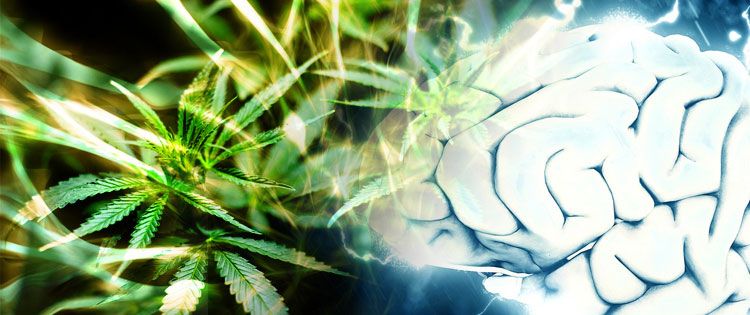
The best-studied functions of ECS are related to the central nervous system and immune processes. However, experimental efforts confirmed that interaction between cannabinoids and ECS receptors is involved in the maintenance of skin homeostasis, regeneration and barrier formation.
Therefore, its dysregulation may contribute to skin disorders, such as acne, atopic dermatitis, psoriasis, hair growth, pigmentation, and itch.
CBD oil as skincare won’t get you “high” because it doesn’t have the psychoactive properties of another cannabinoid – Tetrahydrocannabinol (THC). Usually, CBD is extracted from the flowers and leaves of the hemp, that have a low THC content.
It is important to know that CBD oil is not the same product as hemp seed oil, which is also beneficial for the skin. The two may be marketed interchangeably, but CBD oil is high in cannabidiol, while hemp seed oil only contains trace amounts of it.
What is Acne?
Acne is considered to be the most common skin condition in humans. It can appear almost anywhere on the body but the most common body parts that are affected by acne are face, neck, chest, back and shoulders. Severe forms of acne may cause permanent physical scarring.
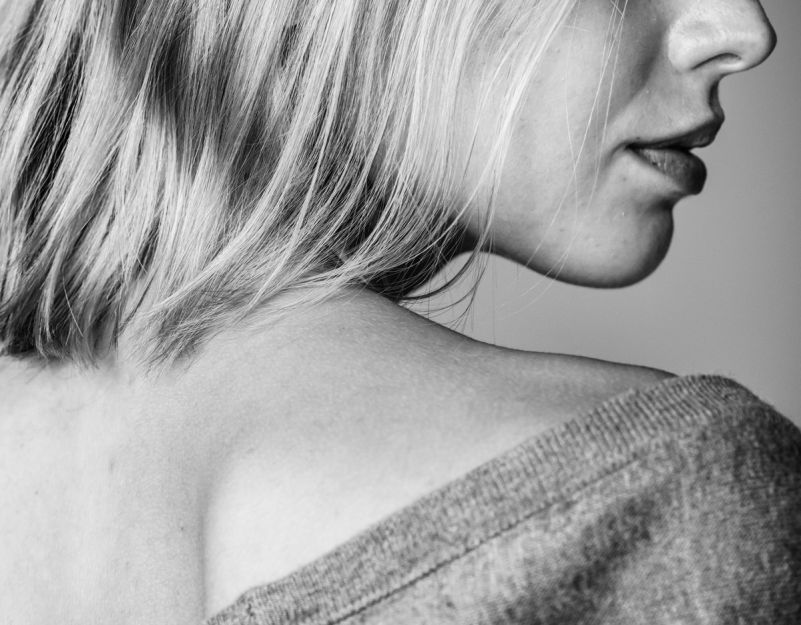
The most common acne lesions include whiteheads and blackheads, but other types can also occur. Inflammatory lesions include papules, pustules, nodules and cysts.
Usually, acne occurs due to:
- excessive sebum production
- hair follicles clogged by oil and dead skin cells
- bacteria
- genetic predisposition
- hormonal changes or excessive activity of hormones (androgens)
Some of the factors that may trigger acne are:
- Specific medications. Examples that may worsen acne include drugs, that contain corticosteroids or testosterone.
- Diet. Studies show that some foods such as skim milk and carbohydrate-rich products, including bread and chips, may worsen acne.
- Stress. Chronic stress may increase the level of stress-related hormones, including cortisol and overdrives skin’s sebaceous glands. The oil mixes with breakout-causing bacteria and dead skin cells, which causes acne.
Usually, people are more prone to acne during puberty. At this time, the body often undergoes hormonal changes, which may trigger excess oil production, leading to a high risk of acne. Such a condition may improve when a person reaches adulthood when the hormonal background becomes more stable.
How to Use CBD for Acne Treatment?
Most often, acne treatment involves keeping the skin pure and free from acne-causing bacteria, and reducing excess oil that can clog the skin.
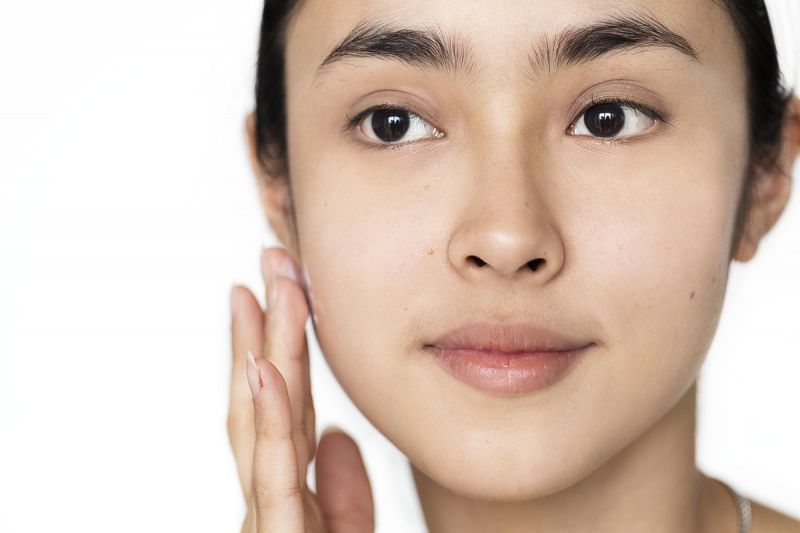
Cannabinoids such as CBD have shown some benefits as a complementary therapy for various skin diseases. Most of the studies on acne and CBD are referred to CBD’s power to slow down sebum production. A 2014 study on sebostatic and anti-inflammatory properties of cannabidiol is one of the most promising for acne treatment.
Researchers evaluated the effects of CBD on human skin samples and sebaceous glands in a laboratory. Increased sebum production may be a result of endogenous cannabinoids made in the oil-producing glands on CB2 receptors.
During the study, CBD oil was shown to inhibit their lipogenic action. This helps to regulate oil production, preventing clogged pores and breakouts.
The study also revealed that CBD might trigger anti-inflammatory effects within cells and help the skin’s natural healing process. CBD could prevent “pro-acne” agents from increasing pro-inflammatory cytokine, peptides that may trigger acne.
A 2016 review of the cannabis plant also highlighted the antibacterial and antifungal effects of cannabidiol. These effects help reduce infections from pollutants on the skin.
A 2018 study on humans with facial inflammatory and non-inflammatory lesions, suggested that CBD-infused products are safe and well-tolerated during acne treatment.
Additionally, other cannabinoids such as CBC and CBDV showed to become highly efficient, anti-acne agents. Due to their anti-inflammatory actions, phytocannabinoids could efficiently and safely manage cutaneous inflammations.
A 2019 clinical trial also suggested that CBD may positively affect acne-scars. These effects could be linked to specific sebostatic actions of CBD, such as normalising the pathologically high lipogenesis induced by “pro-acne” agents.
According to the study, CBD topical may be a safe and effective non-invasive alternative for patients with some skin inflammatory disorders.
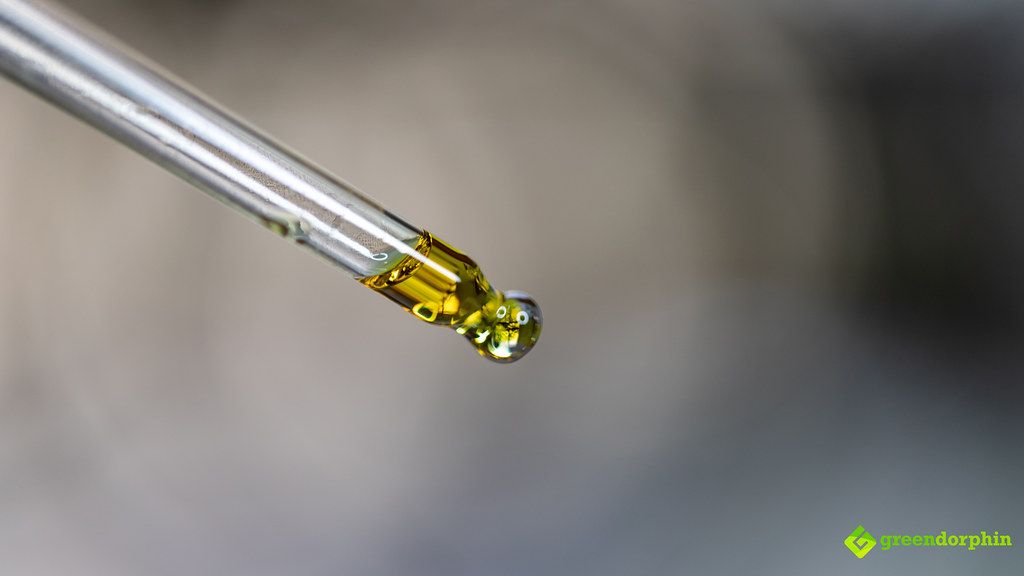
How to Buy the Best CBD Oil?
With so many CBD products available, you need to know what to look for. Here are some tips to choose the best CBD oil or other types of CBD skincare:
- Make sure the ingredient list states “cannabidiol”. As mentioned above, any additional terms such as hemp seed oil are not the same as CBD oil.
- Check the label for other ingredients in the product to avoid harmful or irritating components.
- Ensure that the manufacturer has conducted third-party laboratory tests on the purity and stated amount of the CBD to confirm the product’s CBD content and may provide a quality certificate.
- Make sure that the CBD skincare product is sold in good quality packaging, so it is not exposed to light or air, which makes the oil less effective.
There are several types of CBD Oil:
- CBD Isolate is the purest CBD type. It contains no other cannabinoids, flavonoids or terpenes.
- Full-spectrum CBD contains all naturally-occurring compounds from the hemp plant. Alongside the CBD, it may include some traces of THC and other cannabinoids.
- Broad-spectrum CBD includes the same compounds as full-spectrum CBD minus the THC.
Although studies are still ongoing, cannabidiol has been shown to have potential in treating several skin conditions, including acne, mostly by eliminating bacteria, reducing sebum production and inflammation.
Even though the initial results of studies are promising, we are still lacking the human trials to provide direct evidence.
Have you tried using CBD for acne treatment? Share your experience in the comments below!
- CBD Gummies Usage for Different Age Stages: A Comprehensive Guide - April 24, 2024
- Safely Navigating the World of Magic Mushroom Gummies: A Comprehensive Guide - March 28, 2024
- What Is CBD And Why Should You Use It? - March 8, 2024

